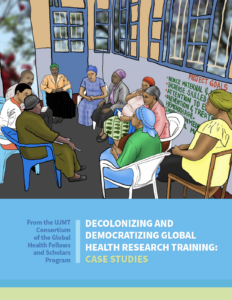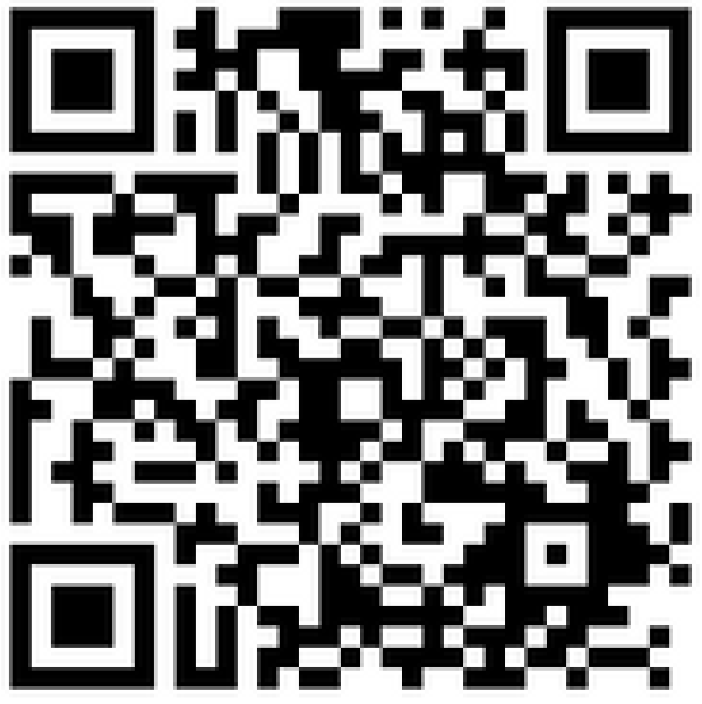Decolonizing and Democratizing Global Health
Decolonizing and Democratizing Global Health Research Training: Case Studies
Summary
 Global health researchers, practitioners, and policymakers have begun paying significant attention to the idea of decolonizing and democratizing global health (DDGH). Acknowledging the controversial aspects of global health’s past, and the use of medicine and public health for political purposes — the movement toward decolonizing global health is placing new emphasis on identifying and removing power structures that stand as obstacles for achieving global health equity.
Global health researchers, practitioners, and policymakers have begun paying significant attention to the idea of decolonizing and democratizing global health (DDGH). Acknowledging the controversial aspects of global health’s past, and the use of medicine and public health for political purposes — the movement toward decolonizing global health is placing new emphasis on identifying and removing power structures that stand as obstacles for achieving global health equity.
While this attention is welcome – at the time of this writing – there is no consensus about what DDGH means or requires in practical terms. For global health research trainees in particular, this can be a challenge and an opportunity. A challenge, because few educational resources exist, and an opportunity, because it means trainees can wrestle with these difficult concepts, develop their own understanding, and participate in the broader discussion about meaningful change. These cases intend to help foster that dialogue.
Download Training ManualCitation

The UJMT Consortium for the Fogarty Global Health Fellows and Scholars Program. (2023). Decolonizing and Democratizing Global Health Research Training: Case Studies.[https://globalhealth.unc.edu/education/fellowships-and-training-programs/research-training-decolonizing-and-democratizing-global-health/]
Language
English
Bibliography
- DeCamp, M., Matandika, L., Chinula, L., Cañari-Casaño, J. L., Davis, C. H., Anderson, E., McClellan, M., Chi, B. H., & Paz-Soldan, V. A. (2023). Decolonizing Global Health Research: Perspectives from US and International Global Health Trainees. Annals of global health, 89(1), 9. https://doi.org/10.5334/aogh.3961
- Alasmar, A., Kong, A. C., So, A. D., & DeCamp, M. (2022). Ethical challenges in mass drug administration for reducing childhood mortality: a qualitative study. Infectious diseases of poverty, 11(1), 99. https://doi.org/10.1186/s40249-022-01023-6
- Modlin, C. E., DeCamp, M., Barry, M., Rockney, D., & Sugarman, J. (2022). An Online Ethics Curriculum for Short-Term Global Health Experiences: Evaluating a Decade of Use. Annals of global health, 88(1), 74. https://doi.org/10.5334/aogh.3716
- Doobay-Persaud, A., Evert, J., DeCamp, M., Evans, C. T., Jacobsen, K. H., Sheneman, N. E., Goldstein, J. L., & Nelson, B. D. (2019). Extent, nature and consequences of performing outside scope of training in global health. Globalization and health, 15(1), 60. https://doi.org/10.1186/s12992-019-0506-6
- DeCamp, M., Kalbarczyk, A., Manabe, Y. C., & Sewankambo, N. K. (2019). A new vision for bioethics training in global health. The Lancet. Global health, 7(8), e1002–e1003. https://doi.org/10.1016/S2214-109X(19)30273-6
- DeCamp, M., Lehmann, L. S., Jaeel, P., Horwitch, C., & ACP Ethics, Professionalism and Human Rights Committee (2018). Ethical Obligations Regarding Short-Term Global Health Clinical Experiences: An American College of Physicians Position Paper. Annals of internal medicine, 168(9), 651–657. https://doi.org/10.7326/M17-3361
- Aluri, J., Moran, D., Kironji, A. G., Carroll, B., Cox, J., Chen, C. C. G., & DeCamp, M. (2018). The ethical experiences of trainees on short-term international trips: a systematic qualitative synthesis. BMC medical education, 18(1), 324. https://doi.org/10.1186/s12909-018-1424-7
- Cherniak, W., Latham, E., Astle, B., Anguyo, G., Beaunoir, T., Buenaventura, J., DeCamp, M., Diaz, K., Eichbaum, Q., Hedimbi, M., Myser, C., Nwobu, C., Standish, K., & Evert, J. (2017). Visiting Trainees in Global Settings: Host and Partner Perspectives on Desirable Competencies. Annals of global health, 83(2), 359–368. https://doi.org/10.1016/j.aogh.2017.04.007
- DeCamp, M., Rodriguez, J., Hecht, S., Barry, M., & Sugarman, J. (2013). An ethics curriculum for short-term global health trainees. Globalization and health, 9, 5. https://doi.org/10.1186/1744-8603-9-5
- DeCamp, M. (2007). Scrutinizing global short-term medical outreach. Hastings Center Report, 21-23.
